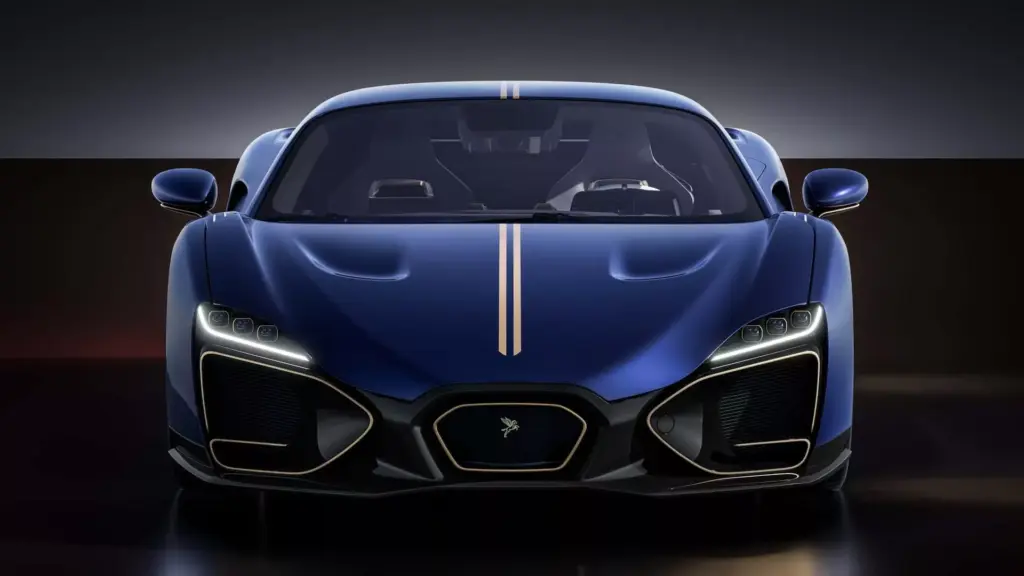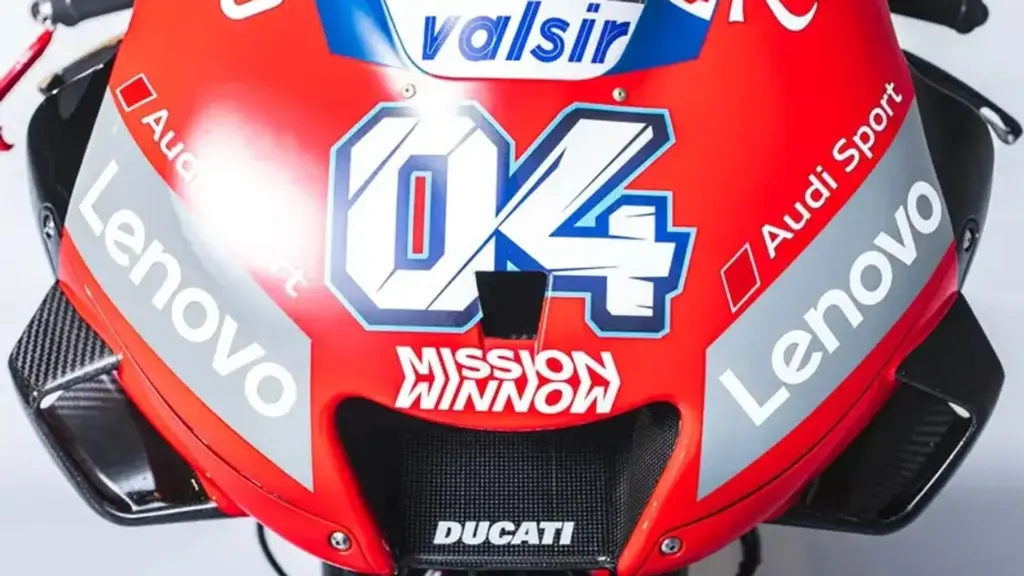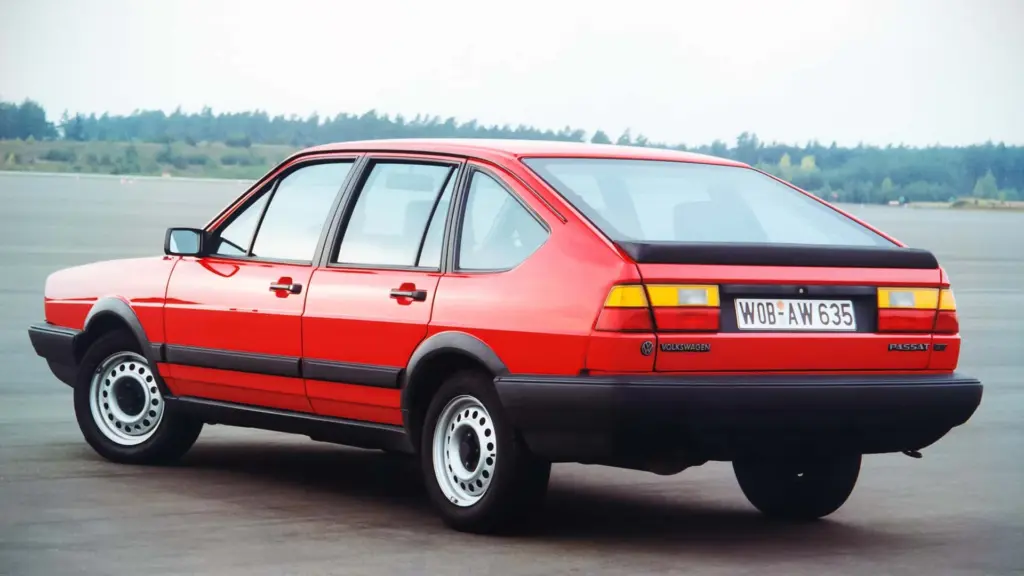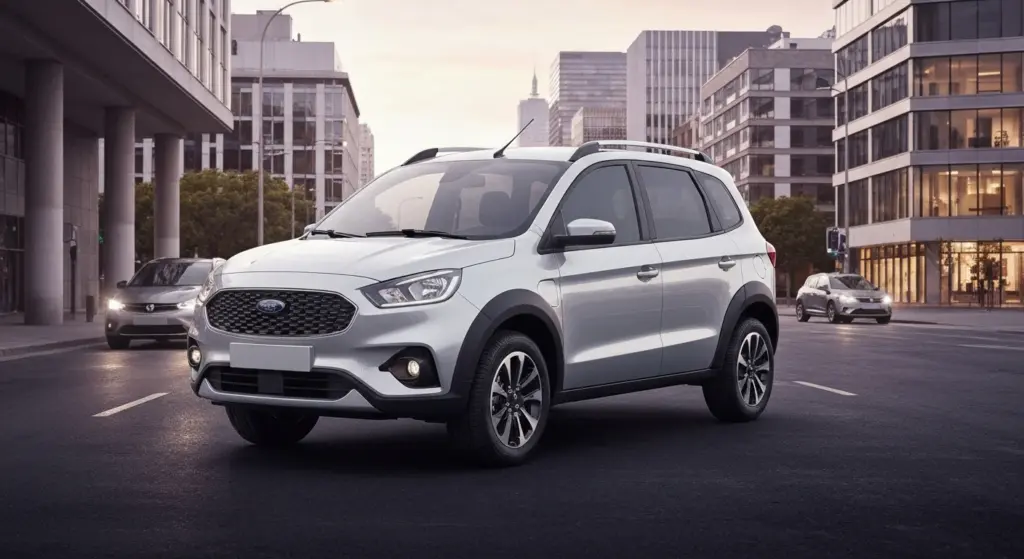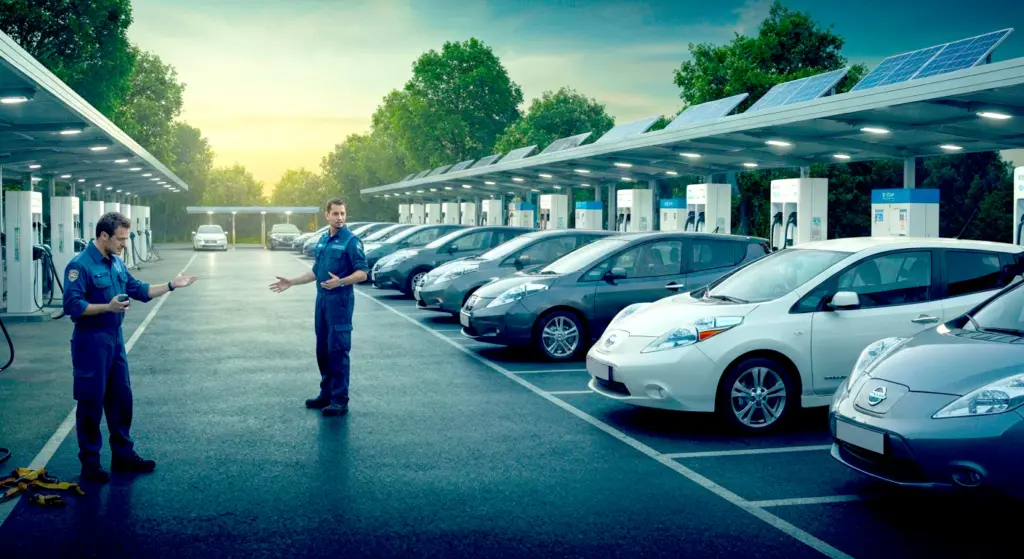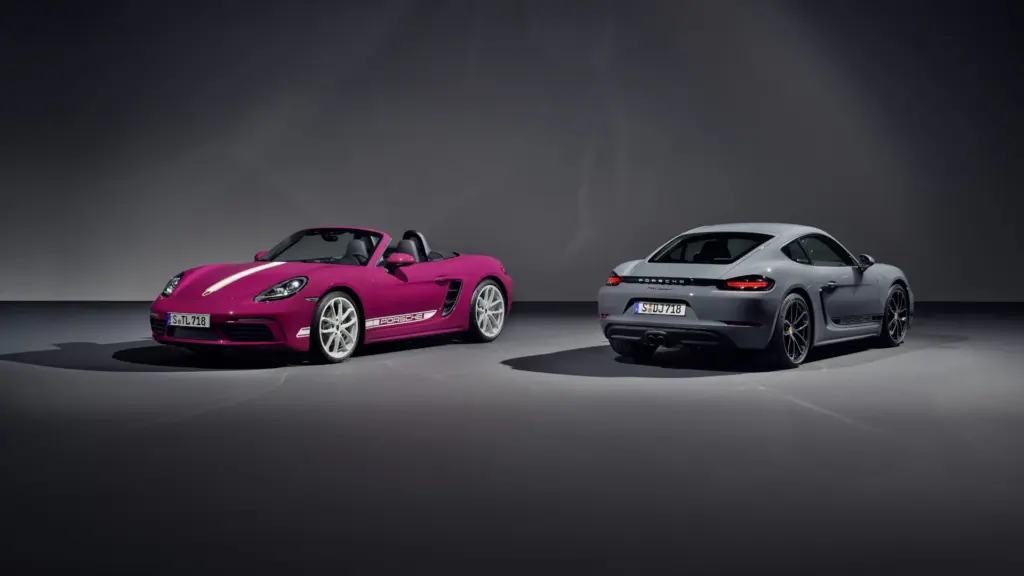Volkswagen is causing controversy and generating debate in the automotive market with a bold decision for its 2025 releases. The automaker has chosen to eliminate traditional fog lights in two models that promise to innovate in design and technology. But why this change, and which models are affected?
Innovation and Modernity in Lighting
With advances in lighting technology, high-performance LED headlights already offer superior visibility in various weather conditions. This evolution has made fog lights, previously essential for improving visibility in fog and heavy rain, redundant. By removing this equipment, Volkswagen aims to integrate a cleaner and more modern design, as well as reduce weight and production costs.
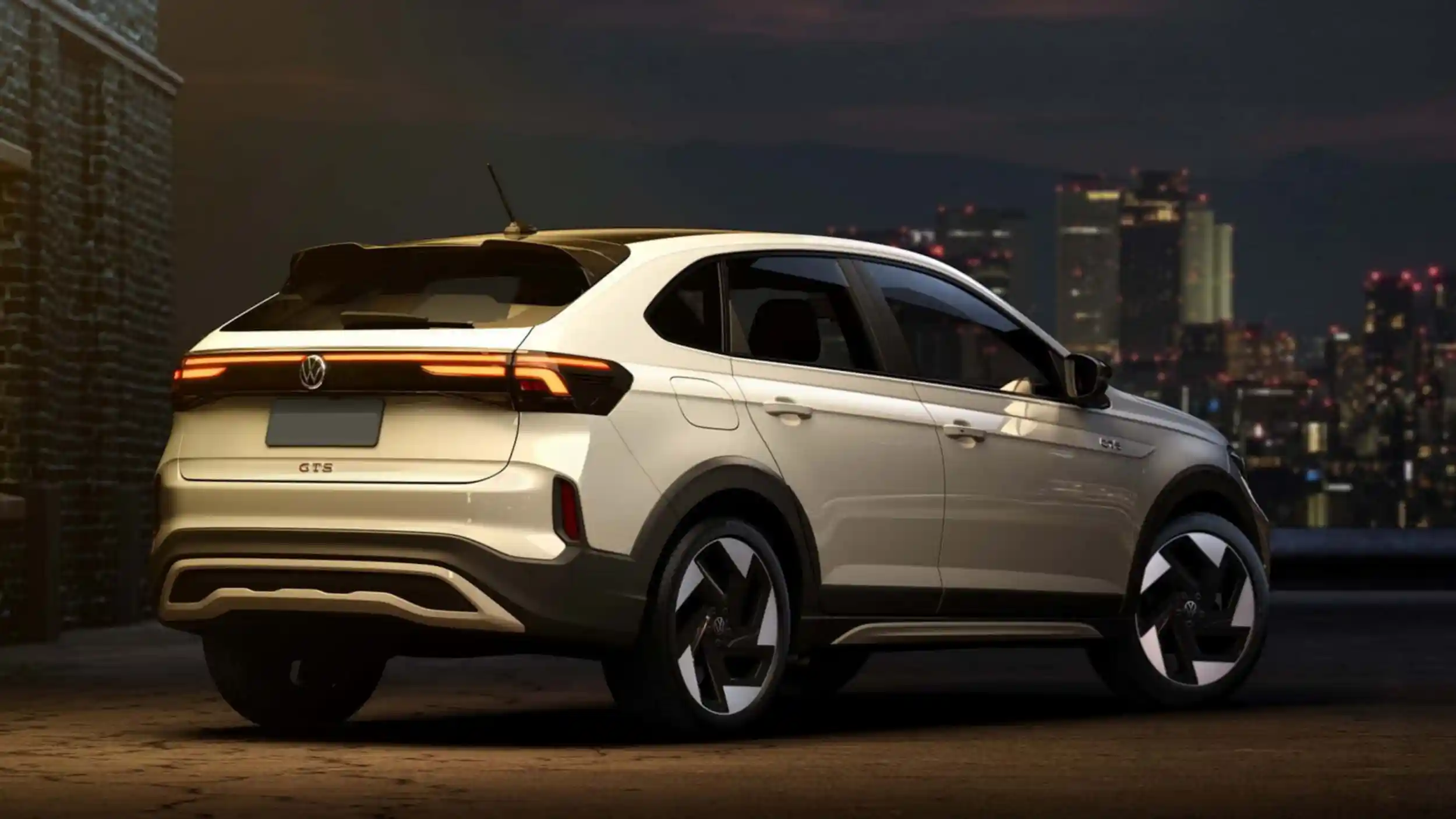
Which Models Were Affected?
The two models that have undergone this change are the Volkswagen T-Cross 2025 and the Volkswagen Nivus 2025. Both compact SUVs have received an aesthetic and technological update that includes the absence of fog lights. In the case of the Nivus, the change has already been widely commented on in specialized media, which highlight that the new configuration of the main headlights, with high-performance LEDs, ensures efficient lighting even in adverse conditions. The T-Cross, which has always been a reference in versatility, adopts the same strategy to offer a more futuristic look and reduce the complexity of the front design.
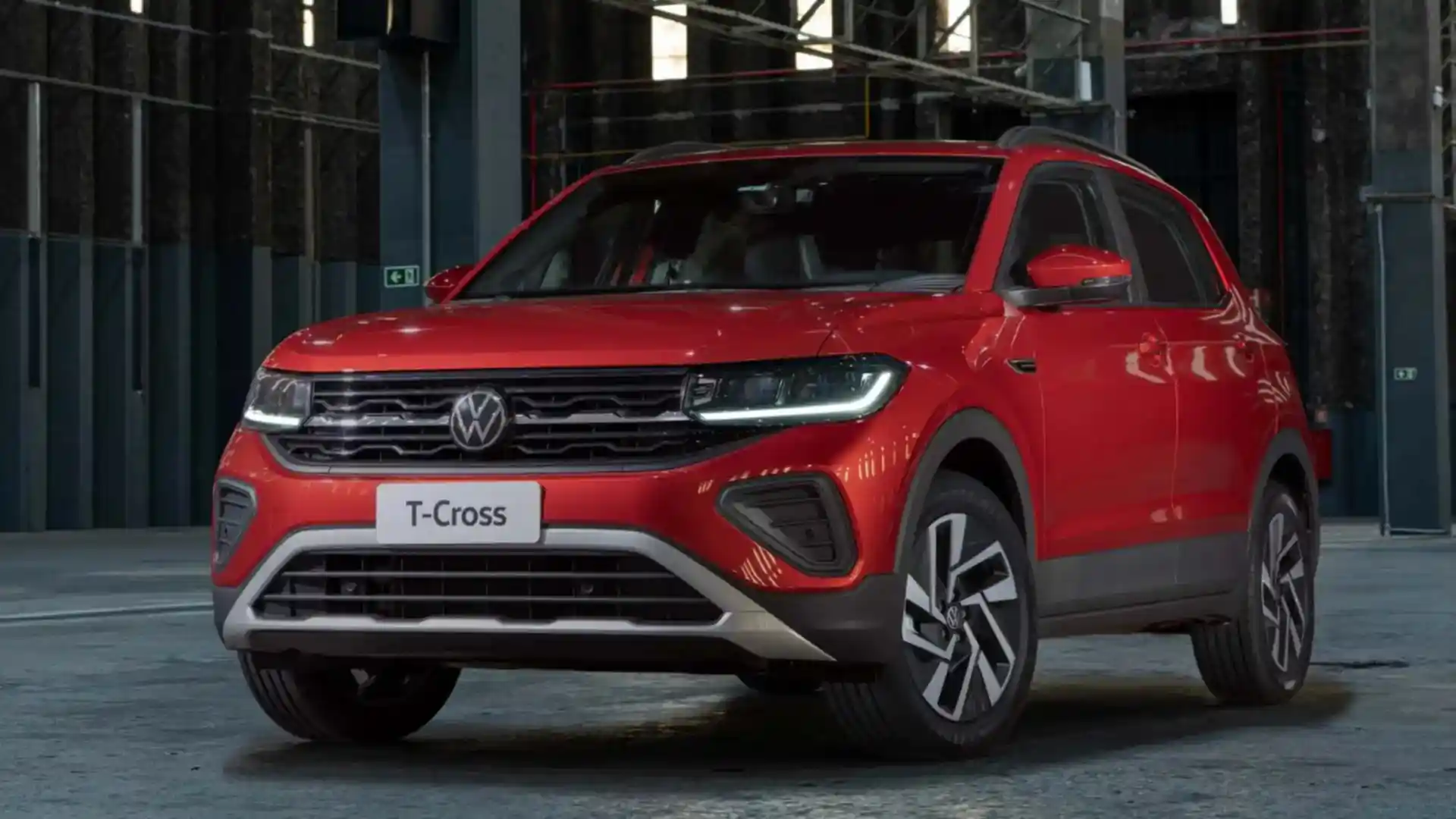
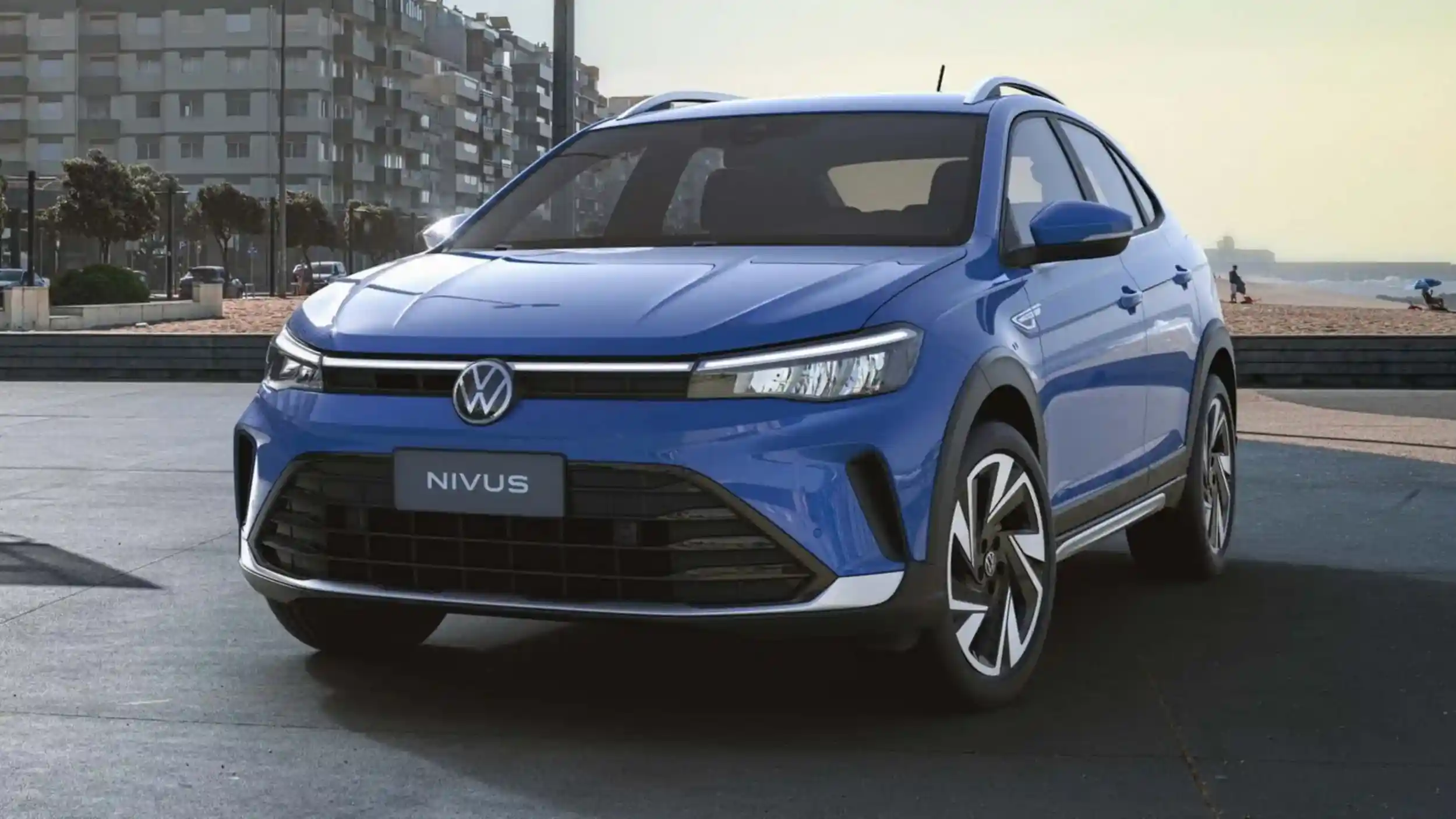
Benefits of the Update
In addition to aesthetic modernization, the removal of fog lights brings practical advantages. The elimination of this component contributes to improving the aerodynamics of vehicles, which can generate gains in fuel consumption and reduce emissions. Volkswagen emphasizes that the new LED lighting systems not only replicate the functions of fog lights but also exceed expectations in terms of energy efficiency and durability.
Impact on the Market and Consumers
For consumers, the novelty may be received with surprise, but also with enthusiasm for the proposal of a cleaner design and cutting-edge technology. Industry experts state that this strategy is a reflection of the global trend of simplifying automotive equipment, prioritizing functionality and sustainability without sacrificing safety and performance. The change reinforces Volkswagen’s image as an innovative brand, ready to adapt to new market demands and environmental requirements.
In summary, the decision to eliminate fog lights in the T-Cross and Nivus 2025 is part of a strategic move to align vehicle design with the most modern technologies, providing greater efficiency and a renewed look that will certainly attract consumers’ attention.
Author: Fabio Isidoro
Founder and editor-in-chief of Canal Carro, he dedicates himself to exploring the automotive universe with depth and passion. A car and technology enthusiast, he produces technical content and in-depth analyses of national and international vehicles, combining quality information with a critical eye for the public.

